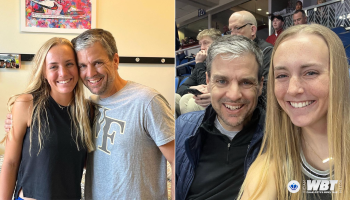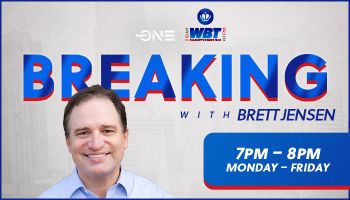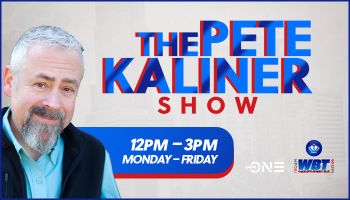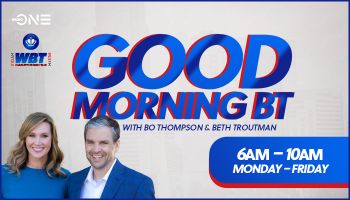
Source: (Photo by Patrick Smith/Getty Images) / (Photo by Patrick Smith/Getty Images)
In an overwhelming ruling that is likely to change college athletics, the U.S. Supreme Court unanimously upheld a lower court’s ruling to push the NCAA to review their structure regarding education-related benefits.
The justices said the NCAA can’t enforce certain rules limiting compensation such as graduate scholarships and tutoring to student-athletes. While the ruling didn’t specify whether athletes should be paid a salary, it was inferred by Justice Brett Kavanaugh, who wrote about the case in summation.
“Nowhere else in America can businesses get away with agreeing not to pay their workers a fair market rate on the theory that their product is defined by not paying their workers a fair market rate,” Kavanaugh wrote. “And under ordinary principles of antitrust law, it is not evident why college sports should be any different.”
The rest of the justices agreed with a group of former college athletes that NCAA limits on the education-related benefits that colleges can offer athletes who play Division I basketball and football can’t be enforced.
Justice Neil Gorsuch said the NCAA sought “immunity from the normal operation of the antitrust laws,” which the court rejected.
“If the NCAA believes certain criteria are needed to ensure that academic awards are legitimately related to education, it is presently free to propose such rules — and individual conferences may adopt even stricter ones,” Gorsuch wrote.
Under current NCAA rules, students cannot be paid, but the scholarship money can offset the cost of attending school. A provision the NCAA continues to defend to keep the amateur nature of college sports. But the former athletes who brought the case forward argued that the NCAA’s trade-off violated federal antitrust law designed to promote competition.
The NCAA had argued that a ruling for the athletes could “lead to a blurring of the line between college and professional sports.” However, as a $1 billion organization, the court said the collegiate governing body was already violating the terms of their own rules.
Another loss of the NCAA whose in the midst of amending its rules to allow athletes to profit from their names, images and likenesses. Athletes in several states will be able to earn money for things like sponsorship deals, endorsement and personal appearances.
The players associations of every major sports league urged the justices to side with the former athletes.
“It is our hope that this victory in the battle for college athletes’ rights will carry on a wave of justice uplifting further aspects of athlete compensation. This is the fair treatment college athletes deserve,” Steve Berman, managing partner of Hagens Berman which represented students in the case, said in a statement on Monday.
The NCAA initially declined to comment on the SCOTUS ruling, but later released a statement via president Mark Emmert.
“Even though the decision does not directly address name, image and likeness, the NCAA remains committed to supporting NIL benefits for student-athletes.” He continued to say, “Additionally, we remain committed to working with Congress to chart a path forward, which is a point the Supreme Court expressly stated in its ruling.”
Next month, college athletes in Florida can start to benefit from the NIL law. They’re the first state to allow benefits under the NCAA’s guidance.









